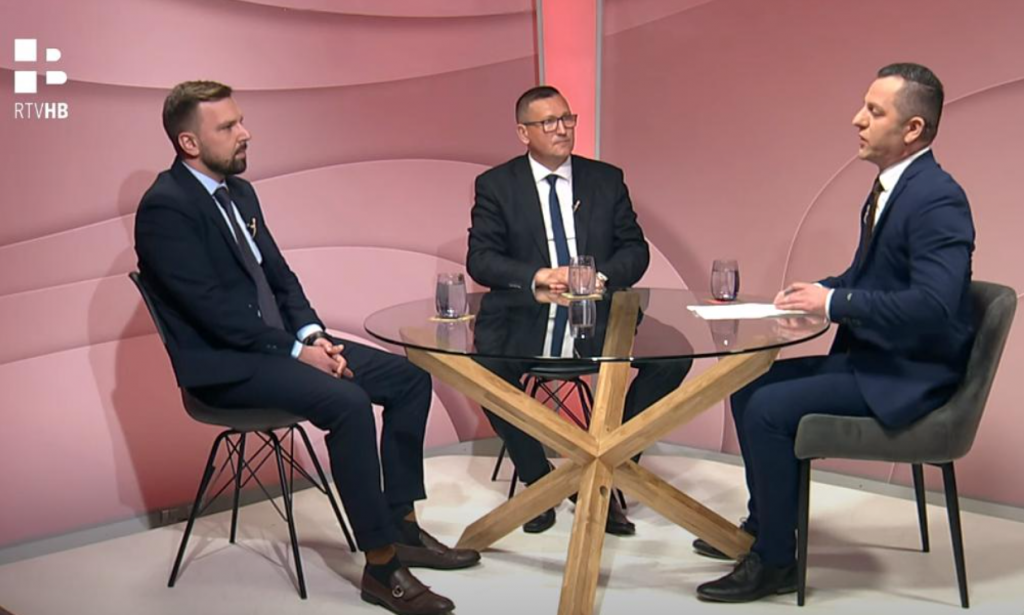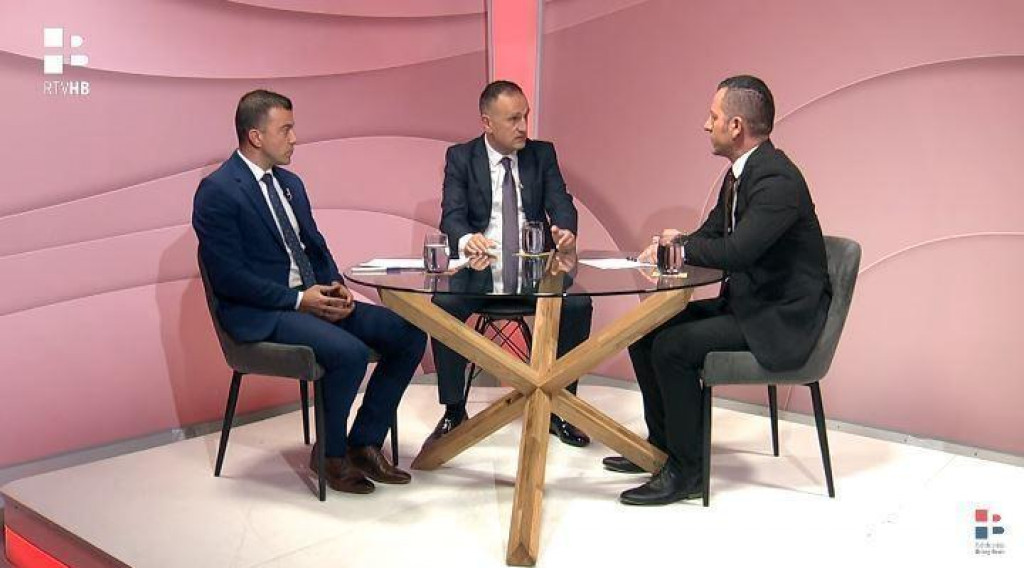
After it was unequivocally confirmed that the Croatian proposal to amend the BiH Election Law is in line with the European Court of Human Rights and the BiH Constitutional Court rulings, it has become clear who has what goals in BiH. At least as far as domestic political actors are concerned.
As usual, the Serb side is not interested in Croat-Bosniak problems, thus it did not interfere much. Apart from giving a clear position that in the event of an agreement on electoral reform, Serbs will come to the BiH Parliamentary Assembly and support the adoption of changes to the Election Law, there was not much else to say from the RS.
However, that is why the Croatian and Bosniak public has had a total exposure of political views and, ultimately, long-term political goals.
The greatest success of the Croatian negotiating team is that they have literally "forced" international officials, from members of the famous Venice Commission, through U.S. envoy Palmer to U.S. Ambassador Nelson, to make it clear that the electoral reform proposal they put forward is not in any way in collision with the European Court of Human Rights rulings in the cases of Sejdić-Finci, Zornić, Pilav and others.
This is very important for the simple reason that Western envoys in BiH have been supportive to Bosniak unitarian aspirations to transform the BiH Federation into a Bosniak-dominated unitary entity for over 20 years. Croatian electoral reform proposal allows national minorities to run for every office in the country, as well as the constituent peoples, to elect their legitimate political representatives in government bodies representing the constituent peoples - the BiH Presidency and the federal and state House of Peoples.
The Croats offered an elegant solution, which could still be worked on, which implements all rulings that concern the BiH Election Law and due to which today there are practically no conditions for the legal conduct of the election process today in our country.
On the other hand, during and after the Neum negotiations, Bosniak politics and its public were glowed by strong spin, ie the search for an alibi that would justify sabotaging the arrival of any solution to electoral reform.
This is nothing new. Anyone who follows political scene in BiH, even superficially, knows that Bosniak politics will not voluntarily give up what international officials have literally gifted them through numerous impositions - why would Bosniak politics after 20 years give up the possibility of electing all Bosniak and Serb envoys and delegates who should represent national minorities in the FBiH House of Peoples. In addition, it is almost certain that today they can elect one third of Croatian delegates to the FBiH House of Peoples and thus form the FBiH government, and probably the Council of Ministers, without Croat political representatives.
Let's add the fact that Bosniaks can freely elect two members of the BiH Presidency and it is completely understandable why Bosniak politics sees these opportunities as a way to turn FBiH into a unitary entity under Bosniak domination, a kind of Bosniak RS. Therefore, it is quite clear, for years now, that Bosniak politics will never voluntarily agree to even discuss the implementation of the BiH Constitutional Court ruling in the Ljubić case, let alone look for realistic models of its implementation.
We remind that precisely because of the Ljubić ruling, this year's elections cannot be held legally because the Constitutional Court literally deleted the parts of the Election Law that regulate the method of electing delegates to the FBiH House of Peoples.
The fact that the elections cannot be held legally does not excite Bosniak politics or its public at all. On the contrary - that policy, as well as its public, even insists that the elections be held according to annulled rules.
All these years, only an alibi has been sought in front of international officials for the continuous deprivation of Croats' political rights. On the one hand, there is talk of the so-called Bosniak civic BiH, and on the other hand, everything Croat ( and of course Serb) in this country is being satanized. The goal is always the same: to control as much of the FBiH territory as possible before the final showdown with the Serbs living in BiH, especially in the RS entity.
Now that this alibi has disappeared, when international officials, probably with heavy hearts, said that the Croatian proposal to amend the Election Law meets all the required criteria, we have the same thing again - the refusal of Bosniak politics to discuss anything.
Clear signs of hostility should be read from this and acted upon accordingly. If those who gave Bosniak politics the opportunity to oust Croats from the institutions of power in FBiH and BiH, ie the Americans, do not force Bosniaks to reach an agreement - an agreement will certainly not be reached.
This then means that the election process will be conducted by existing, flawed rules whose result is known in advance: Bosniaks will re-elect two members of the Presidency, all Bosniaks and national minorities, a majority of Serbs and at least a third of Croats to the FBiH House of Peoples. In practice, this will mean that they have managed to turn the FBiH into their own national entity and the Croats into a national minority with an already predetermined fate of physical disappearance from the BiH territory.
Therefore, Croatian politics should not wait for what will happen with the Election Law reform, as it is already clear, but if it is responsible to itself and the people it represents, it should start preparations for (internal) self-determination.
The Croatian National Assembly (Hrvatski narodni sabor – HNS) will probably have to make a decision on the Croats' exit from the BiH state soon. The people are more important than the state, especially because the Croatian people in BiH is state-building and constitutional. If those rights are taken away from them, then it is time to leave BiH.
Ultimately, the BiH future depends on Americans and Bosniaks. With Bosniak politics, the matter is clear, it is not interested in BiH as a state of equal constituent peoples and all its other citizens. It is interested in building a Bosniak national state on the today's BiH territory.
It remains unclear whether the U.S. wants such a state.
Jurica Gudelj | Dnevnik.ba

